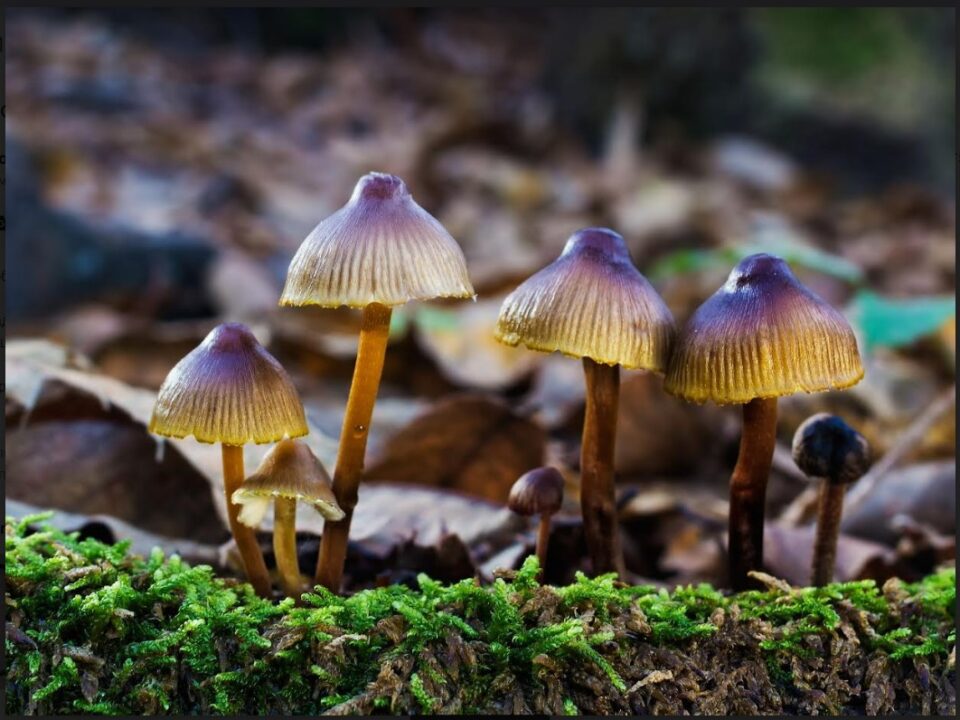Researchers at Northeastern University in the United States have tested the psychedelic psilocybin in studies to treat mild head injuries.
The researchers tested the effect of a psychedelic chemical compound that contained in mushrooms. The study was conducted on female rats with mild brain injuries.
The scientists claim to have obtained truly stunning results, as the MRI scans showed that the rats that injected with psilocybin, not only recovered from their injuries, but also demonstrated stronger connections between different parts of the brain.
According to the U.S. Centers for Disease Control and Prevention, about 2.9 million Americans are diagnosed with a traumatic brain injury every year. Even though most cases are mild concussions, the repetition of such injuries can cause chronic, traumatic encephalopathy, Parkinson’s disease, or progressive dementia.
Because the FDA has not yet approved, researchers are exploring unconventional methods to treat repetitive mild head trauma. Psychedelics such as psilocybin are known to increase brain neuroplasticity and reduce neuroinflammation.
To date, there are no reports on the use of psilocybin in the treatment of mild head injuries. In their study, American scientists relied on a mild traumatic brain injury model. With this in mind, they inflicted mild blows to the heads of 9-month-old female rats once a day for three consecutive days.
Half of the female rats that received light blows to the head were given psilocybin at a dose of 3.0 mg/kg immediately after the blows. The rest of the rodents received saline.
MRI scans revealed that the saline-treated rats developed the following vasogenic edema a pathological process manifested by excessive accumulation of fluid in the cells of the brain or spinal cord. However, in the group of rats treated with psilocybin, the edema was significantly reduced. The neural networks in the brains of rats affected by the trauma not only returned to normal, but also became even more connected than before.
a pathological process manifested by excessive accumulation of fluid in the cells of the brain or spinal cord. However, in the group of rats treated with psilocybin, the edema was significantly reduced. The neural networks in the brains of rats affected by the trauma not only returned to normal, but also became even more connected than before.
«We have found that functional connections in the brain are disrupted in head injuries You give psilocybin, and it not only brings everything back to normal, but also makes the brain hyper-connected», — explains Craig Ferris, one of the authors of the study.
In addition, the recovery process was also indicated by markers of phosphorylated tau protein levels, which is associated with neurodegenerative diseases. The levels of this protein decreased steadily after psilocybin administration.
The researchers also tested whether psilocybin could restore mobility. The scientists forced the rats to walk on a beam and used standard methods used to assess movement and balance in neurological research. Rats given psilocybin performed better on this task.
What other properties of psilocybin can be used in treatment
Recent studies have shown that psilocybin can alleviate chronic depression, post-traumatic stress disorder and anxiety disorders by stimulating increased neuroplasticity, i.e. the brain’s ability to self-organize But this study is the first to suggest that psilocybin may also help with physical brain recovery.
The study, published as a preprint on PubMed, has not yet been peer-reviewed, but it may point to a completely new approach to treating brain injuries.
Obsidian sells edible mushrooms from Avowed for growing at home
The study, published on the PubMed
Source: ZME Science
